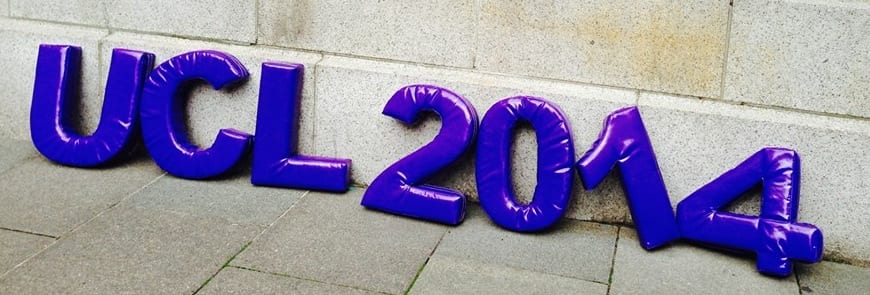“How Today’s College Students Use Wikipedia”: Journal Club Report by Helena Hollis
By Anne Welsh, on 13 November 2014
Head, A., & Eisenberg, M. (2010). How today’s college students use Wikipedia for course-related research First Monday, 15 (3) DOI: 10.5210/fm.v15i3.2830
Article summary:
This article presents the focus group and survey data from on-going research by Head and Eisenberg in the US. It looks at the usage of Wikipedia by university level students, specifically addressing how much Wikipedia is used, when it is used, what it is used for, and what other information sources students also report consulting. Findings show that Wikipedia is not used alone, but with other sources also, and is predominantly used for early stages of searching as a familiarisation reference.
Discussion:
Discussion commenced with a comparison of how we ourselves use Wikipedia, with the main consensus being that it is used to look up definitions. In this respect, our own behaviours with Wikipedia use were similar to the findings of the paper. It was also noted that Wikipedia is used for fun, with the serendipity of following Wikipedia links to new information being desirable and enjoyable. It was also noted that Wikipedia is useful for looking at subject matter with which validity is not a high priority. The familiarity of the Wikipedia layout was identified as a key attraction.
Looking at the paper itself, the data gathering methodology was criticised. The sample size of the focus groups was very small, and these focus groups were used to formulate the wider questionnaire. No comment was made as to how focus groups were selected. The wider questionnaire itself had a more substantial sample size. However, this was a largely female and humanities-studying sample, and therefore is not generalizable to the wider university population. It is worth noting that the authors are aware of this constraint, and present their conclusions with this clearly stated.
Some specific findings of the survey were discussed and critiqued. For instance, the authors found that Google users were more likely to use Wikipedia. This could be due to Wikipedia typically ranking highly in Google search results. However, since Google users made up almost all of the respondents, and non-Google users were limited in number, this conclusion is not as clear as it may first appear. It was noted that 2 year institutions had better research methods training than 4 year institutions, which was a surprising finding.
Discussion moved on to comparing the findings of the study with experience of school librarians, thinking about how college students compare to children in their use of Wikipedia. The school librarians felt that children use Wikipedia, and they are aware that is not credible. It was pointed out that in the past, children would simply use a paper encyclopaedia – this may not be better than Wikipedia, and is still a single source, therefore is arguably as ‘lazy’ a research strategy as relying on Wikipedia today. It was noted that this is perhaps the main source of hostility from teachers and librarians towards Wikipedia; it is not necessarily the fact that it contains misinformation that can be the problem, but that it is treated as the only research source.
We then discussed the importance of Information Literacy (IL) training. It was agreed that IL could be taught early, leading to better searching behaviours, which would help curb the extent to which Wikipedia is used as the sole source of information. The observation was shared that students from different schools coming into a library can show different levels of preparedness, leading to very different searching methods. In the UK, the EPQ qualification was talked about as an example of a very good IL teaching programme. Some broader issues in IL were talked about, and it was noted that a good source can still be used badly, and therefore Wikipedia should not be treated as the epitome of bad research.
Overall, it was felt that this paper was interesting, and the findings were inline with our experiences. The authors’ honesty about their limitations was commendable. Their conclusions seemed justified.
—–
Helena Hollis is studying part-time for her MA LIS, while working in an academic library.
Journal Club takes place once a month, and is facilitated by Charlie Inskip and Anne Welsh, with organisational support from Laura Keshav. This year we are discussing three articles on the theme of Information Literacy and three on more general topics. Discussion is led by students, and covers the research methods of the article and its contents, which are then used as a springboard to students’ experiences with regard to the topics raised by the article. The Club is open solely to students in the Department of Information Studies.
Note: the appearance of the byline on this post is auto-generated, indicating that it was posted by Anne Welsh. Helena Hollis is the sole author of this piece, drawing on the contributions of the students at Journal Club on Tuesday evening.
 Close
Close





